The game of books Sometimes, films and television can lead you to the magical world of reading.
When Harry Potter (HP) first hit the silver screen back in 2001, writer Suniti Namjoshi said, to my surprise, that she actually preferred the film to the books. By then, readers old and new were consuming the first four books in the series like there had never been books published before. FYI, they were HP and the Philosopher’s Stone (or, HP and the Sorcerer’s Stone as the American version goes, supposedly to make it sound more magical and lighten the seriousness implied by ‘philosopher’) in 1997, HP and the Chamber of Secrets in 1998, HP and the Prisoner of Azkaban in 1999 (for I don’t know what reason my favourite), and HP and the Goblet of Fire in 2000.
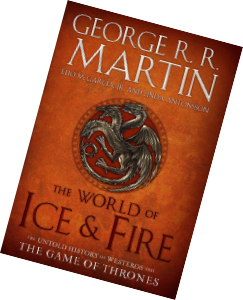
Wikipedia tells us that the eight films (the last one, The Deathly Hallows, is in two parts) had a combined budget of $1.2 billion and made $7.7 billion ar the box office. What about the books? Well, they have sold more than 500 million copies in 80 languages worldwide (I have the Hindi version of book — HP aur Paras Patthar — one that has been many years in the perusing and far from completed).
Someone apparently did a study and discovered that the Bible was the most sold book, followed by a book of quotations by Mao Zedong, with the HP series racing in at number three. That’s saying something. Many of our younger readers may not recall, but HP became something of a style statement back in the day. Anybody who was anybody took great pride in revealing that their favourite author was J K Rowling even if they were unable to name who came second or third in their list of favourites.
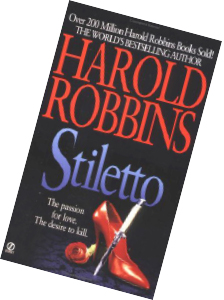
Which naturally brings us to best-selling novelists: no prizes for guessing the topper. It’s none other than the remarkable Agatha Christie whose 85 murder mysteries sold (and continue to sell) something like two billion copies! Her books have been made into TV series and films, but as a diehard Christie fan I’d say nothing equals the impact of her books which are a perfect marriage of impeccable plots and impeccable writing, vividly evocative. Murder on the Orient Express was showing recently, star cast and all, but it can in no way match the novel itself.
Romance writer Barbara Cartland comes next followed by Harold Robbins. Now, when we were growing up back in the sixties and seventies, and if you lived in a sort of average household (by which I mean, not avant garde) you could only read Harold Robbins undercover. In other words, in bed, hidden beneath a sheet, perhaps by torchlight — for obvious reasons. And if you read HR, you were ‘big’, sometimes ‘bad’: a bunch of girls in my school were once pulled up at the assembly for daring to read Harold Robbins. With age and some maturity came the realisation that society’s attitude to Robbins was basically conditioning and extreme conservatism.
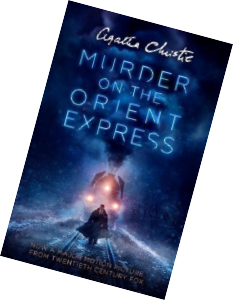
Belgian-French Georges Simenon comes next and although I know of his popular detective Maigret, this author remains a mystery to me, one that demands to be solved asap. But Danielle Steel, another romance writer, grabbed our imagination differently from Barbara Cartland — she comes next. (Incidentally, although Nicholas Sparks is not on this list, many of his romantic novels have been made into films, including The Notebook, Nights in Rodanthe, and A Walk to Remember.
After Gilbert Patten and Leo Tolstoy comes J K Rowling. It’s clear, then, you need a good, strong story to make a good film or television series and, after seeing the success of The Game of Thrones, I can’t help wondering if Harry Potter might have done even better as a television serial. It took a lot of persuasion from my son and other young friends before I could start watching GoT: somehow this business of fantasy and skin didn’t appeal, let’s be honest. The snatches I saw between other shows on TV presented a rather grim, very cold world. Not my cup of tea.
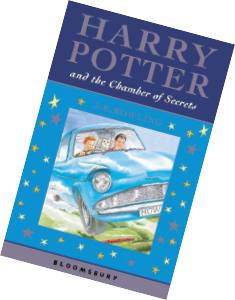
It was well after Season 7 was released and GoT was properly digested that I actually started watching it. It was confusing at the start and required some staying power but, not surprisingly, I was soon hooked like millions of other viewers, after acquiring a subscription to Hotstar to actually watch Roar of the Lions (the CSK victory story)! Then came the Season 8 fiasco, a mishmash of wrapping up exercises in darkness, unfair to all and satisfying none.
But the one thing this bout of binge-watching did was to try and read the books on which GoT is based. Yes, indeed, as the intro to the episodes reminds us, this hugely popular series (bar 8) is based on a series of books by George R R Martin called A Song of Ice and Fire. The first book published in 1996 in this series was called A Game of Thrones (published 1996). It is followed by A Clash of Kings (1998), A Storm of Swords (2000), A Feast for Crows (2005), A Dance with Dragons (2011). The Winds of Winter has been several years in the writing and will be followed by A Dream of Spring. You’re reading this right. They haven’t been published as yet, or even written, from all accounts.
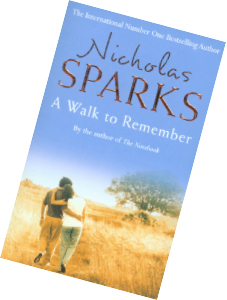
George Martin has taken great pains to deny rumours that the books were finished. Why would I sit on them if they were done, he asks. Further, it appears that he opted out of the writing of the episodes for Season 8, although he did indicate to the GoT team in which direction he would be taking the book series. Is that the reason the last season was so wobbly? Because I’ve just started reading the first book, and am hooked. And, I’m not exactly a fantasy buff. Apparently the books have so far sold 90 million copies in 47 languages. Does Rowling face serious competition, then? In this case, though, it helps watching the series before launching on the books.
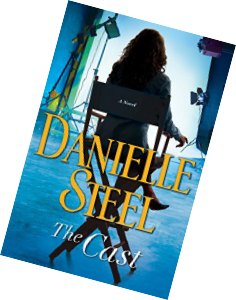
Who’s to say where Martin will take the Stark siblings and John Snow? And, of course, Tyrion Lannister. Will the last two books follow the plot of Season 8? Who knows? Still, it’s nice to know that after so many dire warnings that ‘winter is coming’, we can look forward to A Dream of Spring. Darkness will surely be dispelled. Are you listening, George?
The columnist is a children’s writer and senior journalist.
